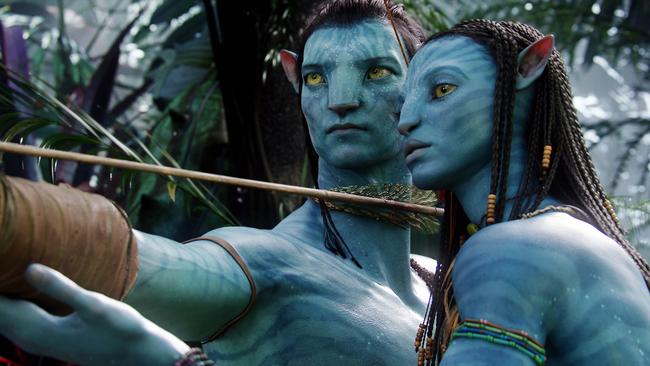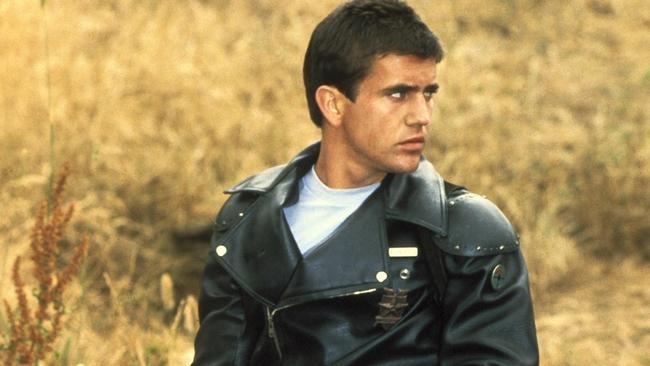Mad Max director George Miller: internet pirates will kill cinema, put people out of jobs
“THE parasites destroy whatever life is out there.” Before your weekend viewing begins, one movie legend wants you to listen up.

INTERNET pirates are the cinematic equivalent of parasites, according to veteran Australian director George Miller.
If they aren’t stopped, they will not only cause the death of cinema, but also do thousands of hard-working crew members out of their jobs.
“I didn’t make Fury Road,’’ said Miller in Sydney yesterday where he was putting the finishing touches on the long-awaited fourth film in the Mad Max franchise starring Tom Hardy and Charlize Theron.
“It was made with a thousand other people and those thousand people have a phenomenal range of skills — physical skills, technical skills, skills that are very mysterious … like guys who do lighting, people still ask me: what’s a gaffer, what’s a dolly grip?
“That’s the hidden cost.
“When you watch the credits roll up, you see the amount of human effort, energy and skill (that goes into one of these films.) And it’s essentially anonymous.’’

CHARLIZE THERON: FURY ROAD WAS FULL OF POTHOLES
GAME OF THRONES SPARKS GOVERNMENT CRACKDOWN
Attorney-General George Brandis, who recently described Australia as the worst offender in the world in terms of online piracy, is currently looking at ways to deter illegal internet downloaders as part of a wider review of the Copyright Act.
Amongst the options being considered by the government are a three-strike warning policy for customers caught downloading illegal material and, at the other end of the spectrum, the blocking of peer-to-peer file-sharing sites such as BitTorrent and The Pirate Bay.
“It can be done,’’ says Miller. “Some of the most digitally-connected countries in the world, like Scandinavia and parts of Asia - Korea, for instance - have been able to effectively stop piracy.”
The director advocates sanctions and penalties “along the whole pipeline.”
“Companies like Google are effectively trying to condone the theft of people’s work. And they are much, much bigger companies than any of the major studios (producing the pirated films.)”
According to Miller, piracy has already had a huge impact on the “ecology” of the global film industry, leading to the current domination of our multiplexes by multimillion-dollar action blockbusters.

“It’s a pattern that has evolved over recent years purely because the industry needs to survive.”
The drift towards 3D spectacles on the part of exhibitors could be explained by movie-goers’ willingness to pay premium prices – and leave their comfy couches – for experiences that couldn’t be replicated at home.
“That’s not to say these movies aren’t being pirated, but there’s a critical mass of people who attend globally,” said Miller.
The rise of monster franchises such as Transformers, and James Cameron’s 3D game-changer Avatar, however, had been at the expense of the sort of mid-range movies that nurture up-and-coming talent.
Miller sees the migration of quality writers and directors to cable television as part of an evolutionary process that will ultimately lead to the death of cinema, since only veterans, like him, can command the sort of budgets required to be competitive in that sort of league.

“You can see it already in music. The most successful travelling arena bands in the world are basically performers who are great grandfathers – like the Rolling Stones.
“Eventually (that generation) has to die out. Who are the next James Camerons? How do they learn to master visual effects and tell their stories?”
As difficult as it was to get the first Mad Max film off the blocks, Miller says it would be much harder still in the current, post-piracy environment.
“It was a different ecology back then.
“When it comes to cinema, there is all sorts of different life forms out there and it all works symbiotically. You see that relationship everywhere, in the sea, in the forest …. then along come the parasites and destroy whatever life there is.”




